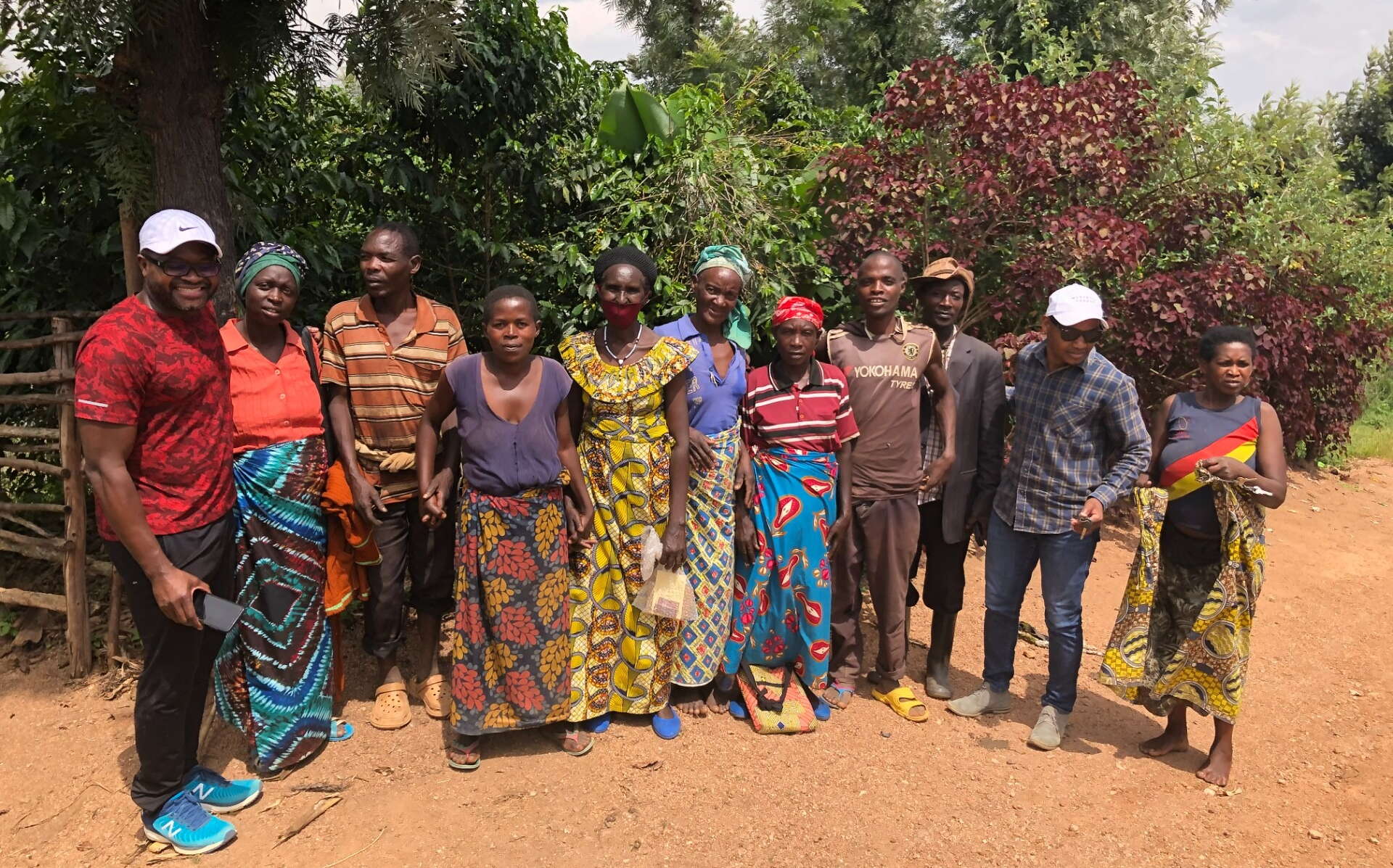
From Cameroon to Maine: An engineer switches gears to open Waterville coffee roastery
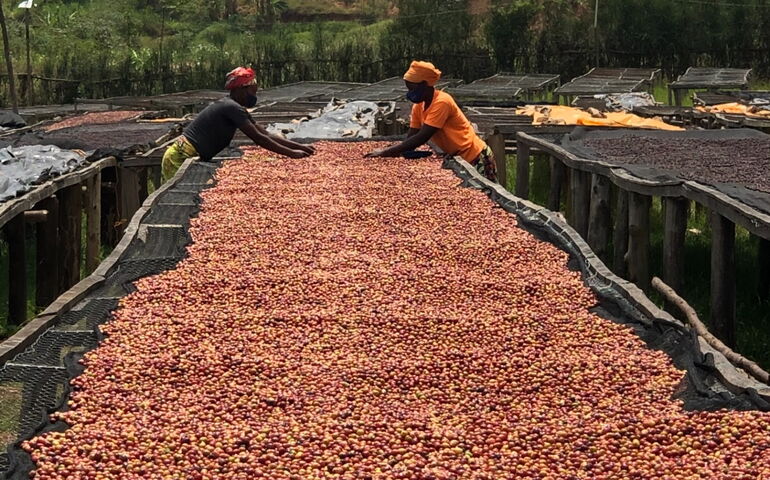 Courtesy / Mbingo Mountain Coffee
Smallholder coffee farmers in Ethiopia, Rwanda and Uganda handpick “cherries” during harvest.
Courtesy / Mbingo Mountain Coffee
Smallholder coffee farmers in Ethiopia, Rwanda and Uganda handpick “cherries” during harvest.
Central Maine Growth Council and KV Connect recently presented their 2023 "Emerging Leader of the Year" award to Churchill Elangwe-Preston, founder of Mbingo Mountain Coffee, a micro roasting company in Waterville.
Founded in 2022, Mbingo Mountain Coffee roasts and supplies freshly roasted ground and whole coffee beans, wholesale and retail. Its beans are sustainably and ethically sourced from 22 "smallholder" coffee growers in Ethiopia, Rwanda and Uganda. Most of its growers have fewer than 300 coffee trees.
Elangwe-Preston is an electrical engineer who wanted to connect his current community with his community and farming background in Cameroon.

His approach “not only bolsters Waterville's growing entrepreneurial ecosystem but also forges connections between Maine and coffee-growing regions across the globe,” said Sabrina Jandreau, the council’s development coordinator and KV Connect chair.
Said Elangwe-Preston, “It's not just about the beans; it's about the stories, the livelihoods and the shared love for this incredible beverage.”
Elangwe-Preston moved to Maine from West Africa 20 years ago and earned an engineering degree. As a quality assurance manager for a local company, he emphasized the importance of creating a product consistently of high quality, a standard he extends to his coffee roasting business.
Mainebiz asked Elangwe-Preston about his startup journey. Here’s an edited transcript.
Mainebiz: What brought you to the U.S., and to Waterville specifically?
Churchill Elangwe-Preston: I have family here. They told me about Kennebec Valley Community College. I came here for the electrical program, then transferred to RIT [Rochester Institute of Technology] in New York for electrical engineering. I decided to come back to Maine because I love Maine.
MB: What brought you to the coffee industry?
CEP: I worked for about 13 years, then decided it was about time to get into something that I was always passionate about. I grew up as a son of coffee and cocoa farm owners. I’ve always been marinated in coffee. I’ve always wanted to get to some point in my life where I can actually use coffee as a tool to make a difference in the lives of the farmers and their families and also to coffee drinkers.
Coming from an area where we grow different types of coffee, I saw first-hand how these farmers put themselves out there. Most don’t get much for their produce. As a child, I saw the privileged kids had the opportunity to go to school. Most of the kids of the farmers didn’t really get that opportunity; their parents worked extremely hard just to put food on the table. I always said to myself I would make a difference. I got to the point in my career where I decided, 'This is the perfect time for me to use coffee to make a difference.'
MB: Where is your company located?
CEP: My roastery is off my garage at the moment, at my home. I installed the roaster, which is temperature-controlled. The grinder and the packaging equipment are right here. For now I have enough storage space.
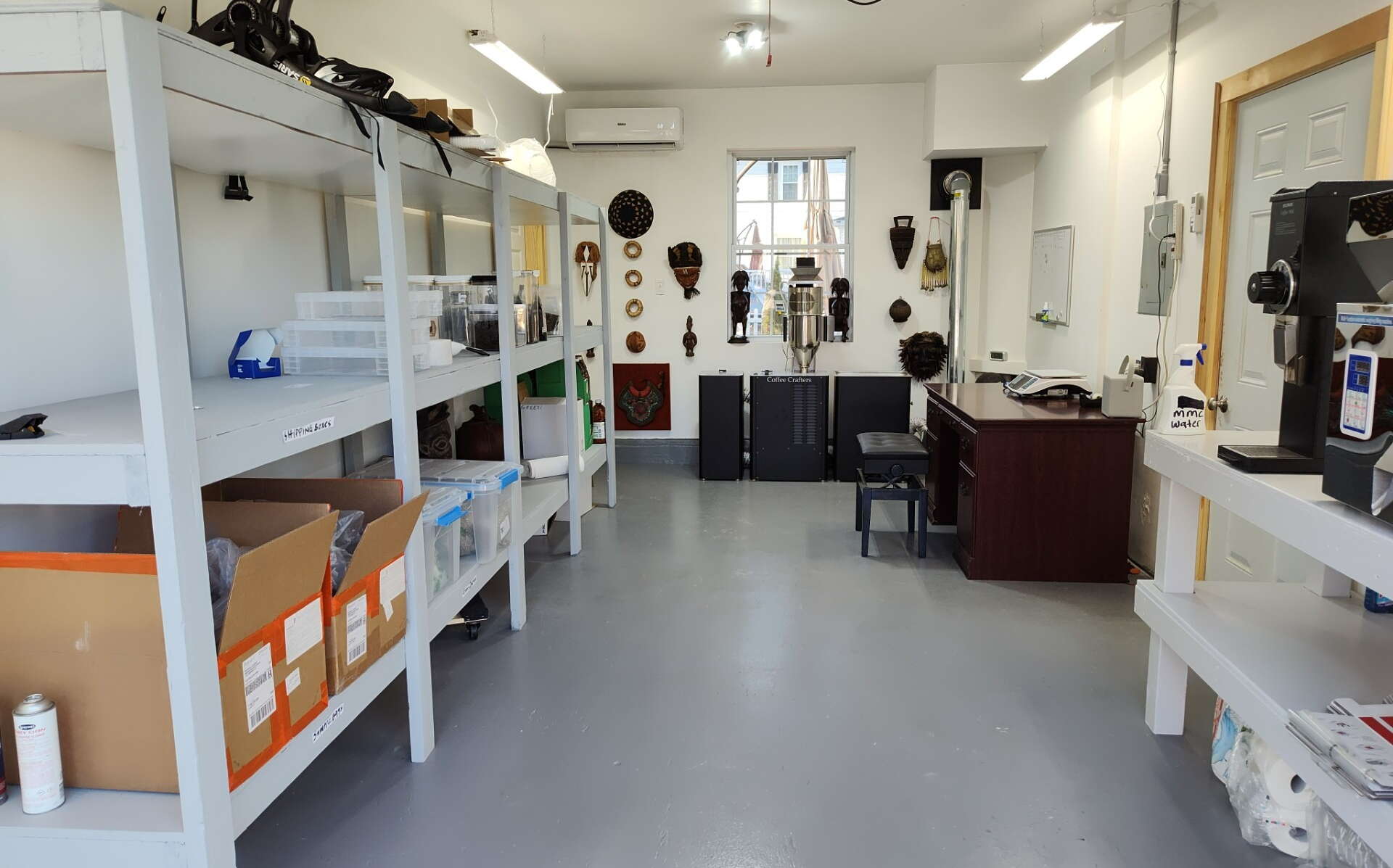
MB: How much have you invested?
CEP: So far, at least $200,000. It’s self-financed with savings from my career as an electrical engineer.
MB: How did you develop connections with farmers?
CEP: I’ve built these relationships across the continent for over 20 years. I knew most of the farmers and their families before I even got into this. It made the transition easier.
MB: How does shipping work?
CEP: Shipping logistics can be tricky. I use established companies to get my product to Maine to save cost. One of the companies I use is the Rwanda Trading Co., which ships multiple containers of coffee every year to the U.S.
MB: How much product do you receive?
CEP: I just received 2.4 tons of green coffee beans yesterday. I grind, roast and package them right here in Waterville.
MB: How much coffee are you producing?
CEP: In the past week, I produced 150 pounds of coffee. Selling online, so far I’ve delivered in 50 states and Canada. I also have stores that carry my product, selling in bulk and in packages — Rising Tide Co-op in Damariscotta, Holy Cannoli in Waterville, Morning Glory Natural Foods in Brunswick, Tipped Trailer Co. in Newport and Maine Grains in Skowhegan.
MB: How are you marketing your product?
CEP: Mostly word-of-mouth. People buy it and then go to these stores and search for my product. Then the managers call me and want samples — and then the rest is history.
MB: Do you have employees?
CEP: I’m doing it by myself. I’m an engineer, so efficiency is part of my DNA.
MB: Any further developments on the horizon?
CEP: It’s exceeding my expectation and I’m outgrowing my space really fast. I currently I have a 10-pound roaster and I’m working on buying a bigger roaster. I’m looking to expand to K-cup production. I redesigned the coffee bags and will be getting those next year. The goal will be to go 100% compostable bags and K-cups.
Next year I’m going to Germany to do some evaluations and see how we can open a branch there. And I’m getting ready to go back for an origin trip to visit the farms. I do that every year.
MB: Could you speak to the economic benefits for the farmers you work with?
CEP: I grew up seeing other farmers’ children not be able to go to school or have the choice of doing what they want in life. One thing that most people don’t know is that coffee is a seasonal crop. During the coffee season, farmers work hard. During the off-season, most farmers don’t have other means of income. So a lot of farmers tend to borrow money with extremely high interest rates to support their families. It becomes a cycle. So growing up I asked that question, How do you break that cycle? Working with them directly ensures they get the money. It eliminates the middle person, and I pay more for my beans.








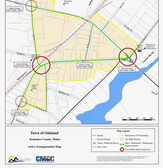
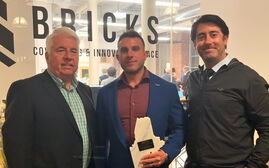




0 Comments